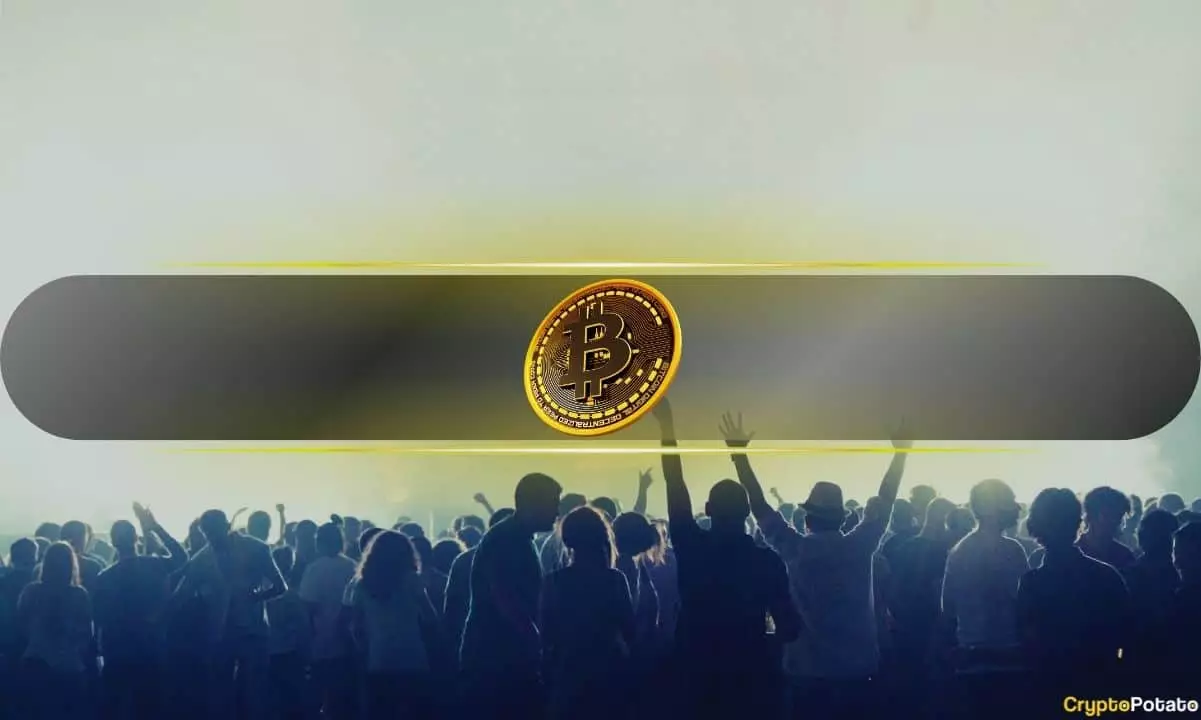Bitcoin’s price has seen a significant increase over the past few months, jumping from under $20,000 to over $50,000 by June 2023. This surge was primarily fueled by the anticipation and subsequent approval of nearly a dozen spot Bitcoin ETFs in the United States. Despite this impressive price movement, it appears that retail traders have not yet joined the market, raising questions about whether their participation could lead to another price surge for the asset in the near future.
Historical data from Google Trends reveals a common pattern among retail investors, showcasing their tendency to search for investment opportunities that are currently trending. This behavior, often referred to as FOMO (fear of missing out), typically results in retail investors entering the market when it is hot. The cryptocurrency market is notorious for its susceptibility to such sentiment changes, as it tends to experience rapid overheating when demand from retail investors spikes. This usually leads to a surge in prices followed by a correction as the market cools off.
The cryptocurrency market witnessed a similar cycle in 2021 when prices were soaring, and retail investors were actively participating. Promises of Bitcoin reaching $100,000 per BTC were abundant on social media platforms like Twitter. However, these expectations did not materialize, and Bitcoin’s value plummeted, causing retail investors to retreat from the market. The resurgence of Bitcoin in June 2023, following BlackRock’s announcement of launching its own spot BTC ETF, attracted institutional attention towards the cryptocurrency. The anticipation surrounding the approval of spot BTC ETFs shifted from doubt to inevitability, resulting in heightened hype and rising prices.
Despite Bitcoin’s price doubling since June 2023 and the approval of 11 spot BTC ETFs, retail investors seem to be noticeably absent from the market. Reports suggest that smaller holders of Bitcoin, often referred to as sharks and shrimps, have been actively selling their BTC holdings. Google Trends data also indicates a lack of retail investor interest, with global searches for Bitcoin failing to reach the levels seen during the 2017 boom, the 2021 bull run, or even the 2022 market crashes. The only notable spike in searches occurred around the time of ETF approvals in mid-January, but overall interest remains subdued.
Although retail investors have yet to fully embrace Bitcoin despite its impressive price performance, the upcoming halving event could potentially change this dynamic. Past Bitcoin halvings have been associated with significant price surges, and history might repeat itself in the current market environment. As Bitcoin continues to gain mainstream acceptance and institutional interest grows, retail investors may eventually flock to the cryptocurrency, driving its price even higher.
While Bitcoin’s price surge has been remarkable, the absence of substantial participation from retail investors raises questions about the sustainability of this trend. The behavior of retail traders, influenced by FOMO and past market cycles, could play a crucial role in determining the future trajectory of Bitcoin’s price. As the market waits for the next catalyst, whether it be the halving event or another significant development, the role of retail investors in shaping Bitcoin’s price dynamics remains a key factor to monitor.









